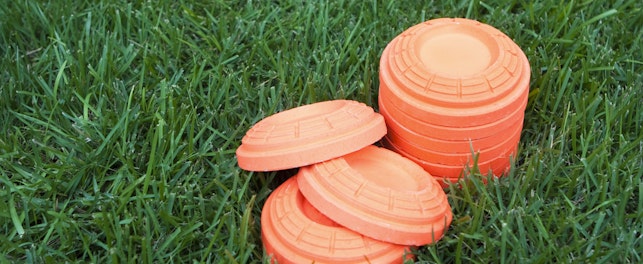The EU has added PFOA, its salts and PFOA-related compounds to the POP recast regulation on persistent organic pollutants. The latest amendment will become effective on July 4, 2020.
On June 15, 2020 the European Union (EU) published Regulation (EU) 2020/784 to amend Part A of Annex I to Regulation (EU) 2019/1021 on persistent organic pollutants (POP Recast) by adding perfluorooctanoic acid (PFOA), its salts and PFOA-related compounds with specific exemptions on intermediate use or other specifications.
According to the definitions in the new law, PFOA, its salts and PFOA-related compounds means:
- PFOA, including its branched isomers
- Its salts
- PFOA-related compounds, which are substances that degrade to PFOA, including substances having a linear or branched perfluoroheptyl group ((C7H15)C) as one of the structural elements.
The ‘specific exemption on intermediate use or other specification’ contains multiple derogations. In addition to the derogations indicated in Table 1 below, these include:
- Allowing the use of perfluorooctyl bromide containing perluorooctyl iodide in the manufacture of pharmaceutical products
- Allowing the use of articles containing PFOA, its salts and PFOA-related compounds that are already in use before July 4, 2020
According to preamble point 7, higher concentration limits should be established for applications that cannot meet the set values of 0.025 mg/kg for PFOA and its salts and 1 mg/kg for individual PFOA-related compounds or a combination of those compounds, subject to review by the Commission within two years with a view to lowering the limits.
The provisions in the latest POP recast amendment will become effective on July 4, 2020 – the same date that would normally start to apply to the restriction of PFOA, its salts and PFOA-related compounds under entry 68 to Annex XVII of Regulation (EC) 1907/2007 (entry 68 to Annex XVII of REACH).
It is important to note that the Commission is now planning to delete entry 68 to Annex XVII of REACH as PFOA, its salts and PFOA-related compounds are now regulated under POP recast.
Highlights of the latest amendment to Part A to Annex I of the POP recast Regulation are summarized in Table 1.
| Regulation (EU) 2020/784 OF APRIL 8, 2020 amending Part A of Annex I to Regulation (EU) 2019/1021 as regards to listing of perfluorooctanoic acid (PFOA), its salts and PFOA-related compounds | |||
|---|---|---|---|
| Substance | Scope | Requirement | Effective Date |
| PFOA, its salts and PFOA-related compounds | Substances, mixtures or articles¹, ² | ≤ 0.025 mg/kg for PFOA and any of its salts ≤ 1 mg/kg for each PFOA-related compound and a combination of PFOA-related compounds ≤ 20 mg/kg for PFOA-related compounds in substances to be used as a transported isolated intermediate for the manufacture of fluorochemicals with a carbon chain of no more than 6 atoms ≤ 1 mg/kg for PFOA and its salts in PTFE micropowders produced by specified techniques, as well as in mixtures and articles for industrial and professional uses containing PTFE micropowders | July 4, 2020 |
¹Use of PFOA, its salts and/or PFOA-related compounds in a) medical devices other than implantable ones, b) latex printing inks and c) plasma nano-coatings, is allowed until December 3, 2020 ²PFOA, its salts and PFOA-related compounds are allowed in the following:
Until July 4, 2025:
| |||
Table 1
SGS is committed to providing information about development in regulations for consumer products as complimentary services. Through a global network of laboratories, SGS provides a wide range of services including physical/mechanical testing, analytical testing and consultancy work for technical and non-technical parameters applicable to a comprehensive range of consumer products. Please do not hesitate to contact us for further information.
For enquiries, please contact:
Hingwo Tsang
Global Information and Innovation Manager
t: (+852) 2774 7420
© SGS Group Management SA - 2020 - All rights reserved - SGS is a registered trademark of SGS Group Management SA. This is a publication of SGS, except for 3rd parties’ contents submitted or licensed for use by SGS. SGS neither endorses nor disapproves said 3rd parties contents. This publication is intended to provide technical information and shall not be considered an exhaustive treatment of any subject treated. It is strictly educational and does not replace any legal requirements or applicable regulations. It is not intended to constitute consulting or professional advice. The information contained herein is provided “as is” and SGS does not warrant that it will be error-free or will meet any particular criteria of performance or quality. Do not quote or refer any information herein without SGS’ prior written consent.



